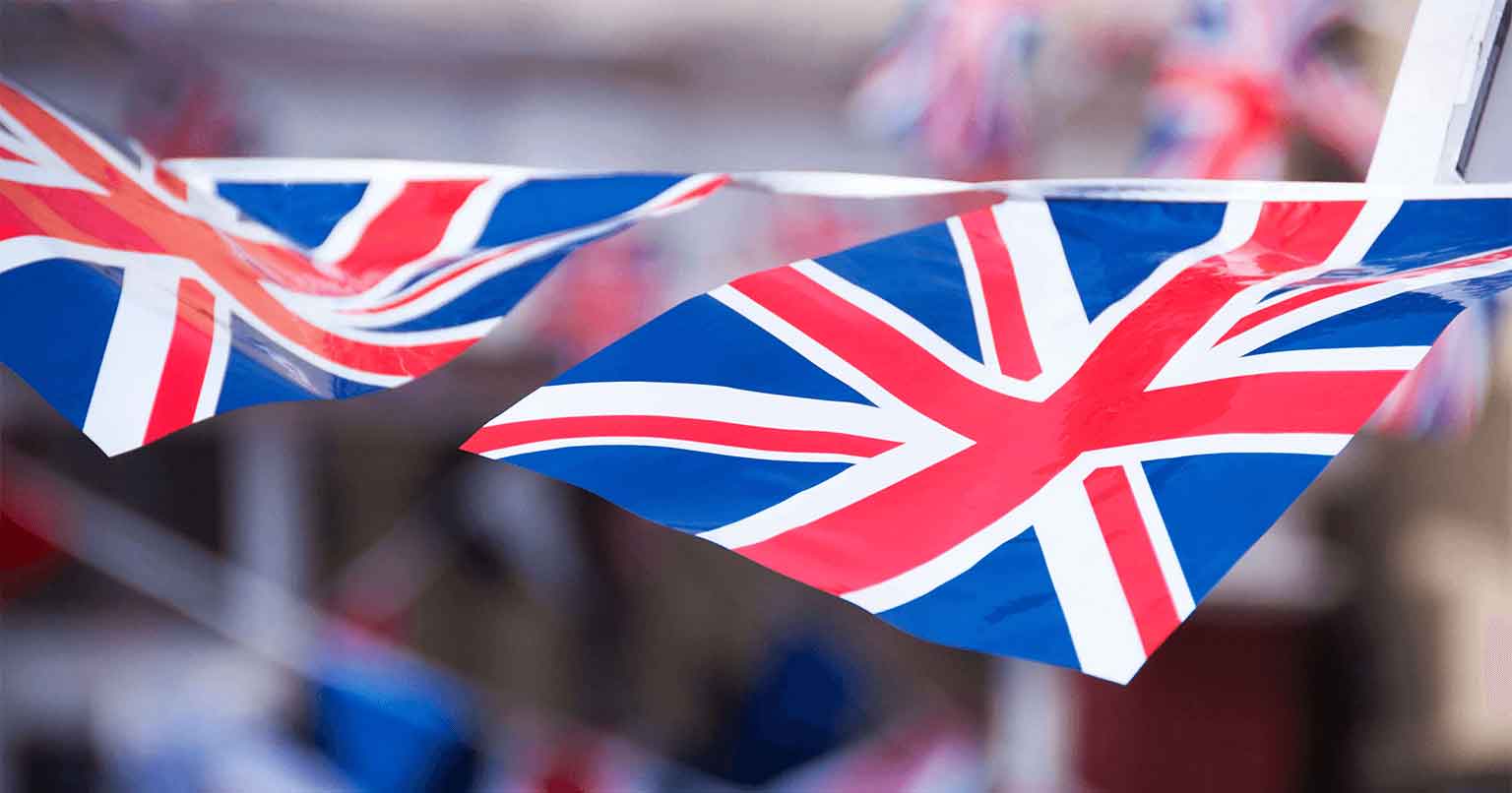
Understanding British Culture
While British culture may seem alien to a newly arrived overseas Filipino worker (OFW) like you, you may be surprised to learn that British people are more similar than you think. From their highly contextual communication style to their use of humour to deliver tough news, British people interact in a way that’s familiar to Filipinos.
If you take time to learn about your new country—what the people believe in, how they behave, and how they work—you may find it easier to broaden your perspective and adjust to British culture. You may even find yourself taking in some British values you believe in, growing into a more open-minded and understanding person in the process.
What is British culture?
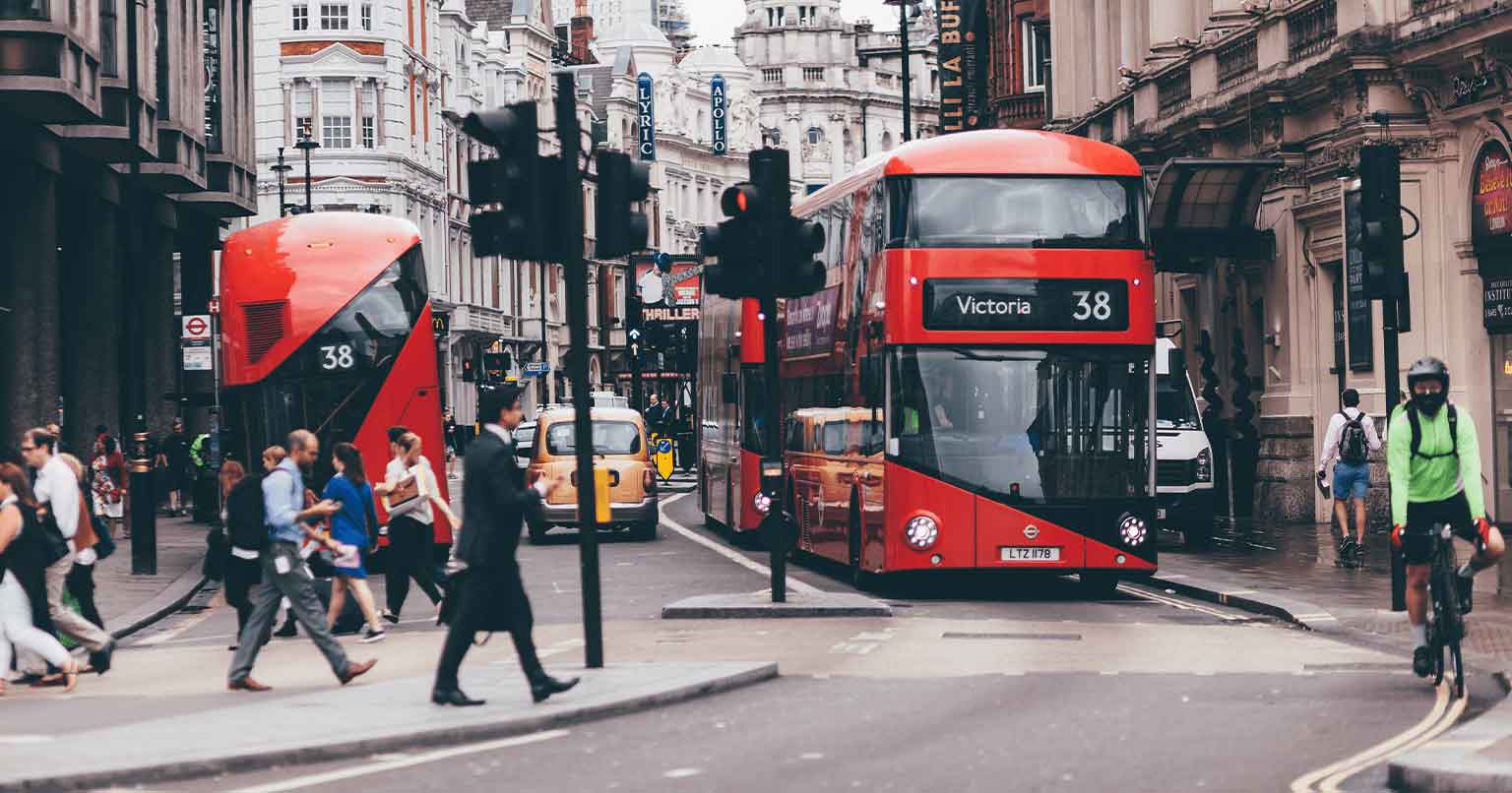
British culture is not English culture. Let’s get that straight from the get-go.
English culture refers to people from England, while British culture encompasses people from England, Scotland, and Wales. This is still different from the Irish culture of another member of the United Kingdom (UK): Northern Ireland.
Remember: British culture includes English culture, but not everyone is English.
British culture and values
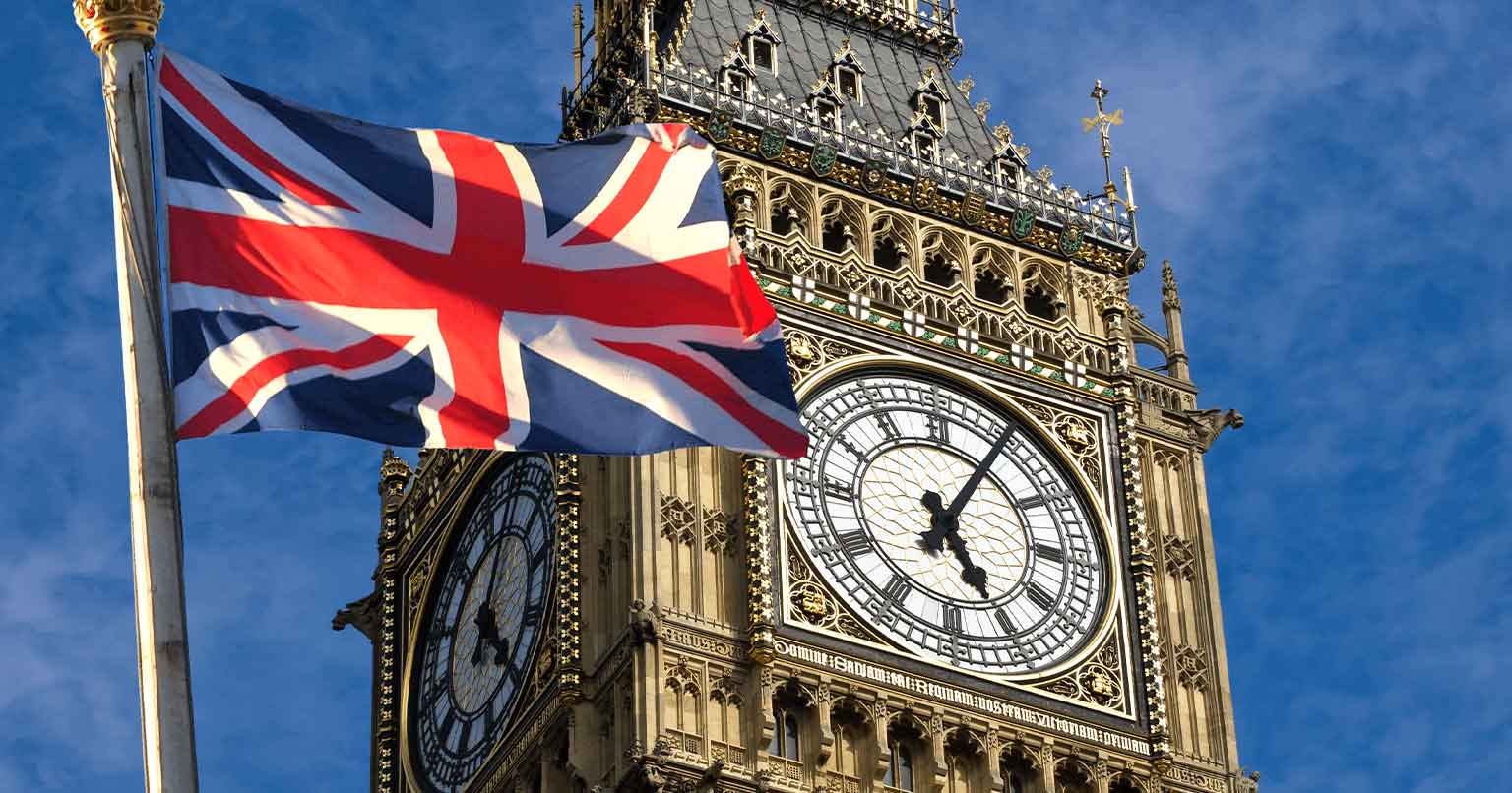
Because the UK is a multicultural country, British values recognise that everyone must respect its residents’ various backgrounds and beliefs. These values are taught early on in schools, with the British Department of Education aiming to “promote pupils’ spiritual, moral, social and cultural (SMSC) development.”
When you move to the UK, remember these values:
- Democracy – The UK is a place of freedom and equality, where everyone can help shape the future of the country.
- Rule of law – Rules keep people safe.
- Individual liberty – Every person has the right and freedom to choose the kind of life they want for themselves.
- Mutual respect and tolerance of those with different faiths – Everyone is different, and we must respect that without forcing our own beliefs on other people.
Now that you know what the British value, let’s talk about how they interact.
British culture examples
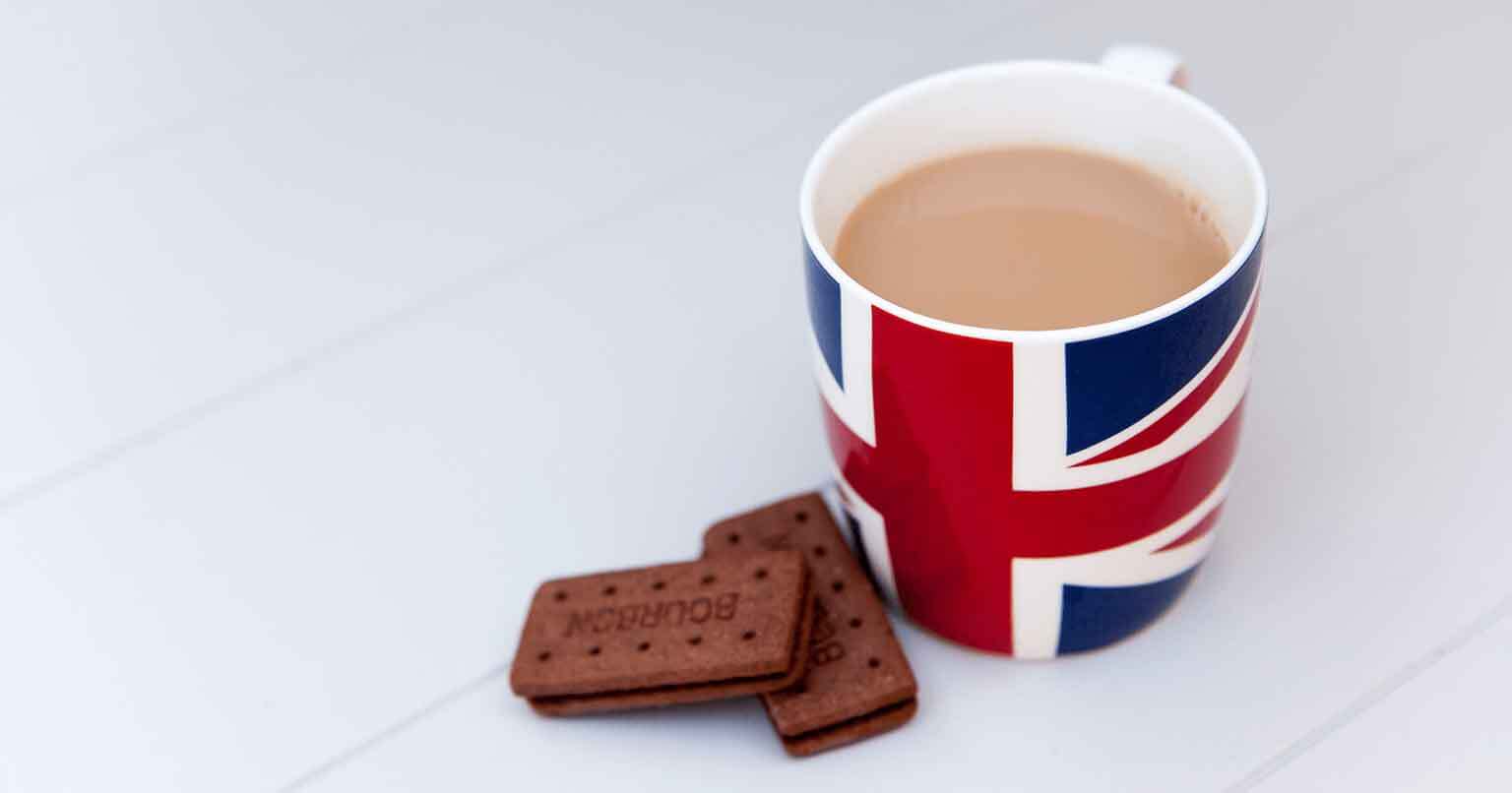
When you move to the UK, here are some of the first things you’ll notice about British culture.
- Greetings – Interactions are usually casual and use first-name introductions. There is no set way to greet someone in British culture, so you can use a handshake, a nod, or a hug (if you’re already close with that person). To be safe, go for a handshake when meeting someone for the first time.
- Tea and biscuits – A good British interaction revolves around a great cup of tea (or cuppa). Make sure you have some tea in your pantry just in case you have guests. Pair your tea with cookies, or biscuits, as they call them in the UK.
- Pub culture – A lot of British relationships are formed at the local watering hole, or pub. This isn’t just a place for drinking; it’s where people gather to play games, eat, catch up, or meet new people. When you do go out for drinks, remember that the British buy each other rounds, or what the Social Issues Research Centre calls “a reciprocal exchange of drinks.” British culture takes this seriously, so be prepared to take turns buying your friends’ drinks.
- Apologising – British people say “sorry” a lot, even if they didn’t do anything wrong. According to the BBC, the average British person apologises eight times a day, while one in eight people apologise 20 times a day.
- Accents – Just like Filipinos, the British have more than one accent. In fact, British accents vary across the UK—add to that the number of accents from people who immigrate to the UK from all over the world.
- Sunbathing – British people like the sun. On the rare occasions it peeks through the grey clouds, the British take the time to bask in all its warm glory.
Once you’ve settled in, remember these important dates in British culture. You can plan around these occasions to rest, have a cuppa with friends, or meet at the pub:
- New Year’s Day (Jan. 1)
- Burn’s Night – Scotland (Jan. 25)
- Valentine’s Day (Feb. 14)
- David’s Day – Wales (March 1)
- Patrick’s Day – Northern Ireland (March 17)
- Lent (March/April)
- Easter (March/April)
- April Fool’s Day (April 1)
- George’s Day – England (April 23)
- May Day – Beltane (May 1)
- Queen’s Birthday (June 13)
- Battle of Boyne – Northern Ireland (July 12)
- Bonfire Night (Nov. 5)
- Remembrance Day (Nov. 11)
- Andrew’s Day – Scotland (Nov. 30)
- Christmas Day (Dec. 25)
- Boxing Day (Dec. 26)
- New Year’s Eve (Dec. 31)
Getting to the centre of British culture
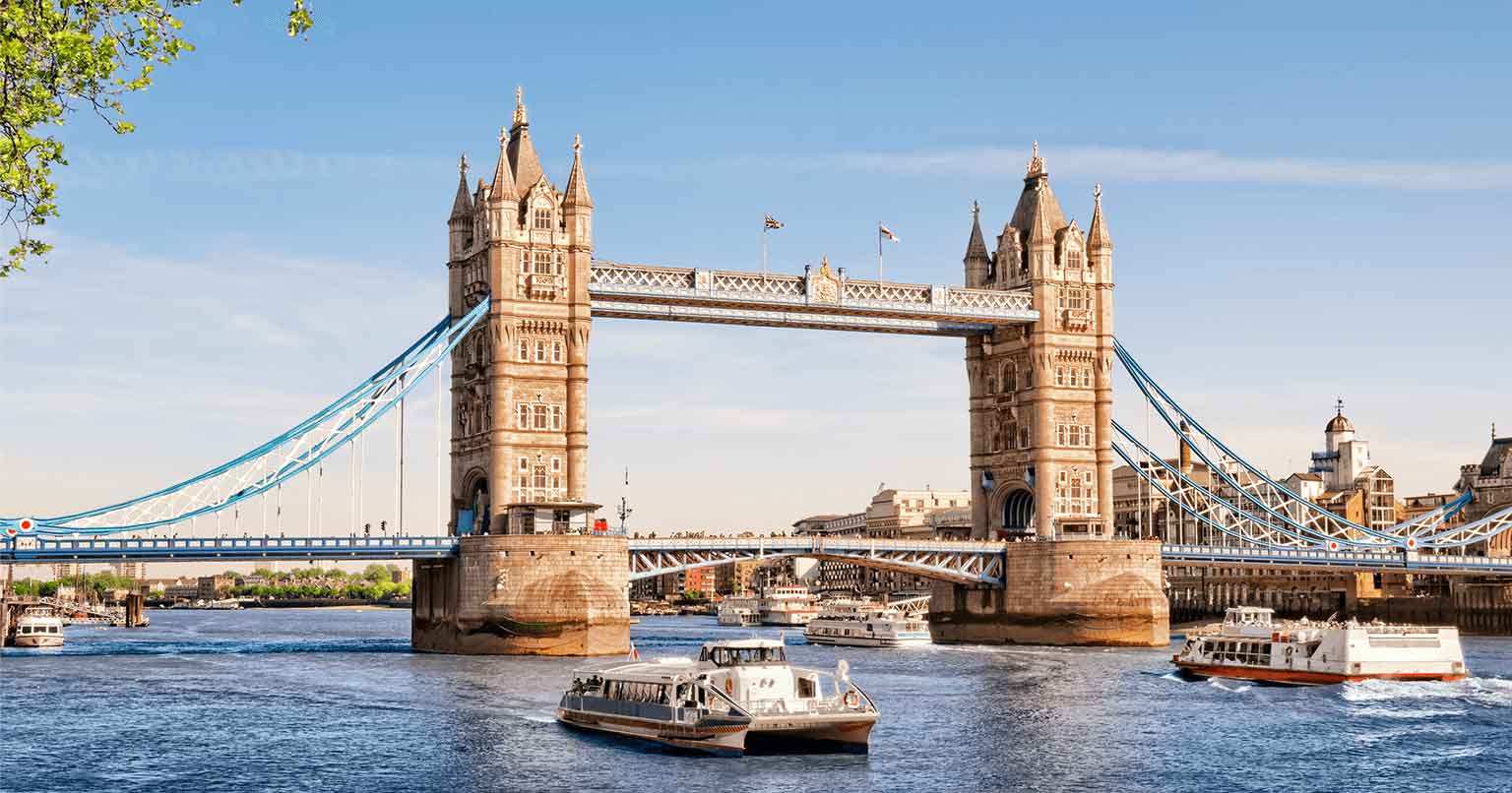
Like the dimensions of American culture, UK culture has some key beliefs that make it distinctly British. The Cultural Atlas enumerates these core concepts:
- Stoicism
- Class
- Equity
- Regional diversity
- Informality
- Humour
- Diligence
Let’s get more in-depth about these:
- Stoicism – Remember the “Keep Calm and Carry On” poster? This is what it’s all about. What it means is that despite tough times, British people maintain their composure and keep moving forward, just like they did in World War 1 & 2. In British culture today, people show a level of stoicism in how they deal with their emotions, preferring to discuss heavy or unpleasant feelings in private or by using polite language. Compare this to how we Filipinos share our emotions with the community in times of sadness, loss, and joy.
- Class – Though most people in the UK are middle class with at least a college education, there is still some tension between working class folk and people from old money. Therefore, people here do not boast about their blessings. This belief also goes along with the concept of fair play, where people trust they can improve their life if they put in the effort. So, while others are still working hard to do better, people who have gone up in life are expected to be humble about their success. You’ll see this sensitivity about class and humility in British jokes.
- Regional diversity – As we’ve mentioned earlier, UK culture values its multi-regionalism and multiculturalism. People in this country know that the population is made up of all kinds of people that deserve respect. Some of those people include over 200,00 fellow Filipinos who have started a new life in the UK.
- British humour – The British use humour in the following situations:
- Building rapport with colleagues
- Making peace in tense situations
- Giving feedback
- Sharing ideas or innovating
They also use self-deprecating jokes to deflect praise, so they don’t seem arrogant (in Filipino: mayabang). While you can laugh along, do not eagerly agree with self-effacing jokes, or else you might look like you believe in them. That’ll hurt the other person’s feelings.
Sarcasm also comes in handy when expressing displeasure about something or someone without being too confrontational; however, in most situations, British people use jokes as a way of bonding, so try to take these jabs lightly.
In summary, this is how you interact with people in British culture:
- Be non-confrontational – British communication is highly contextual, so pay attention to the situation, timing, delivery, and non-verbal cues when trying to figure out what someone’s saying. When giving someone feedback, make sure to do it in private.
- Be humble – Be happy about your success, but do not boast about it.
- Be open to jokes – You can use jokes to lighten the mood, give feedback, or release tension.
- Be polite – No one is above anyone else, so let people finish what they’re saying, and always respect the queue.
- Be communicative – When speaking to someone, make direct eye contact with small breaks in between the interaction.
Dealing with culture shock

Now that you’ve read up on British culture, you can use your new insights in your life as an OFW in the UK.
But that doesn’t mean you should already be 100% ok. Remember, adjusting to a new culture takes time, and culture shock is normal.
If you’re having a hard time in your new country, try doing the following:
- Getting enough rest – Adjusting to a new place takes energy, so make sure you get enough sleep.
- Eating healthy – Eating the right food can keep your mood up as you face the challenges of life abroad.
- Exercising – Get some endorphins in your system by going for a walk or jog.
- Exploring the things you like in your new country – We know there are places and activities you enjoy doing in the UK, so make time for them.
- Talking to someone – You are not alone in your immigration journey. Find someone who’s gone through their own adjustment period, share your experiences, and listen to their insights.
Send money to the Philippines from the UK
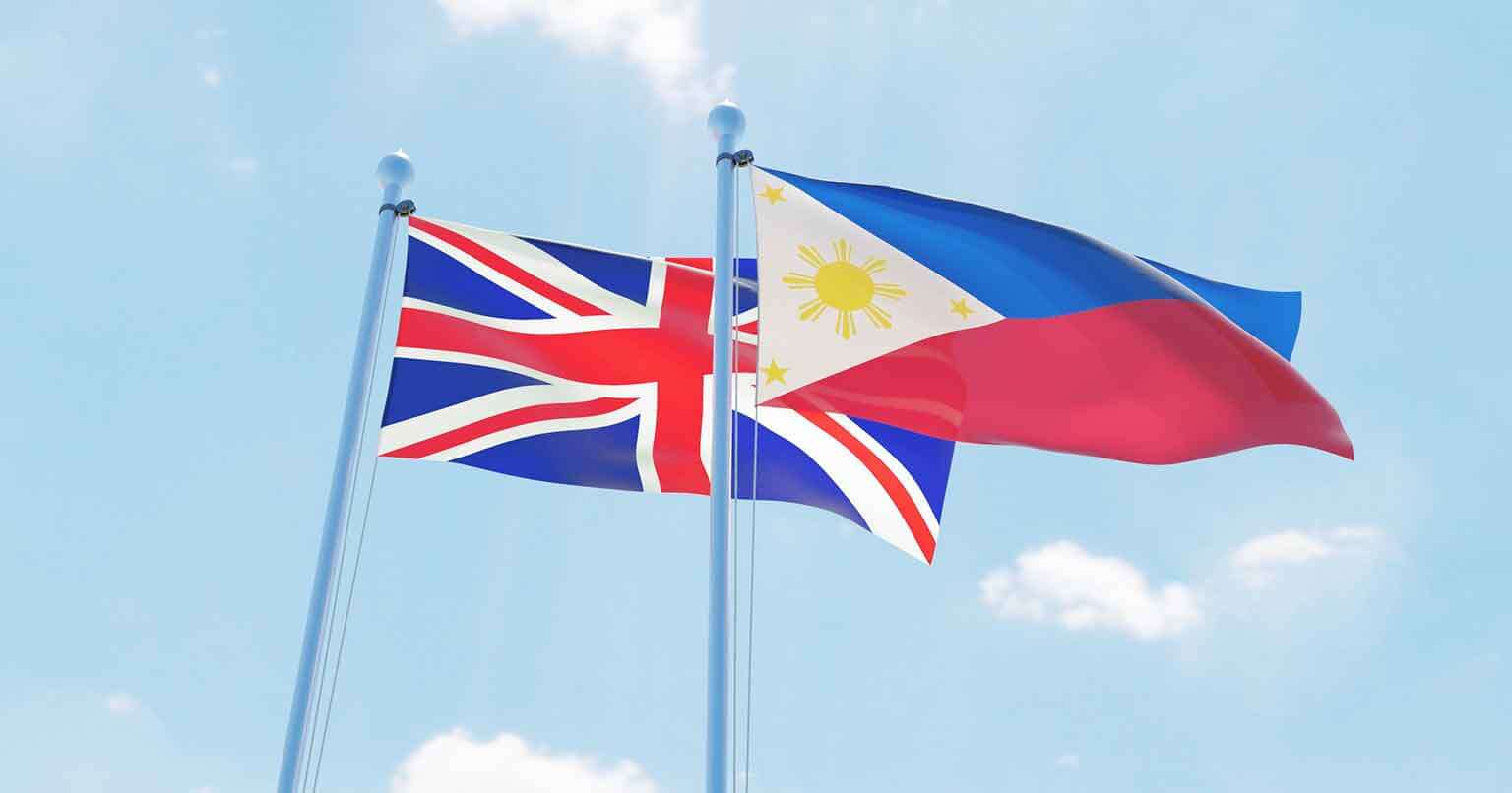
Adjusting to British culture takes work, but we know you’re on this journey for the people you love.
When it’s time to send them support, keep your peace of mind by using a secure money transfer app that sends your funds to major banks and mobile wallets in the Philippines.
See how Kabayan Remit can help you here.
